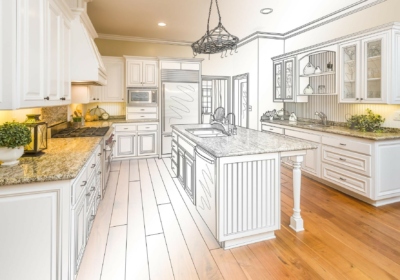If you are starting a new business or looking for bigger premises, there are several things you need to bear in mind. Obviously, price is the first factor. You’ll pay more for being in a major city than you will in the suburbs, for example.
However, location is an all-important factor. If you are expecting a lot of visitors to your business premises, you will want to be near a major road or railway station. You may also need parking spaces.
Location Is a Key Factor
Depending on the nature of the business, you will also need to think about whether a traditional industrial estate suits your purpose or whether a trendy hub, business park or retail estate is more your style.
If your main business is in London and the South-East, then Kent could be the right location for you. Kent has good road links to London and to the Channel Tunnel or Kent ferry ports such as Folkestone or Dover if you trade with France or other European countries.
An attractive retail park with offices and units converted from traditional Kentish oast houses and farm buildings can be found in Ashford. It’s in a rural location in the Garden of England but just a few miles from the M20 and Ashford International Station, which has high-speed rail links to London, Paris and Brussels.
To look for an office to rent in Ashford, Kent, visit www.evegate.co.uk.
Take a Close Look at the Lease
Before committing yourself to renting a commercial property, there are other factors to consider as well as the price and location.
You will need to look at the lease carefully to see which are your responsibilities and which are your landlord’s duties. The person renting the premises is often responsible for fire safety, safety of electrical equipment, gas safety and other health and safety issues such as ventilation, lighting, temperature and toilets.
The Royal Institution of Chartered Surveyors says that there is no such thing as a standard lease, and so it is worth hiring a surveyor to check over the contract and the property to see if there is room for negotiation.
Finally, don’t forget to take into account additional costs such as business rates, services charges, electricity and water bills as well as building insurance when calculating your monthly expenses.







Recent Comments